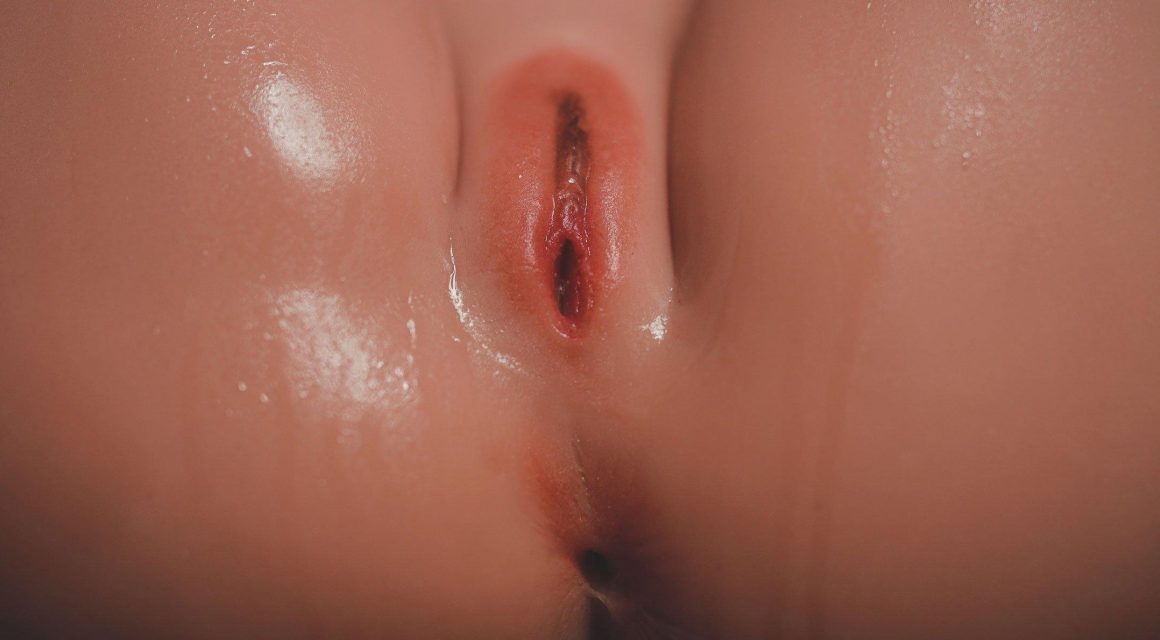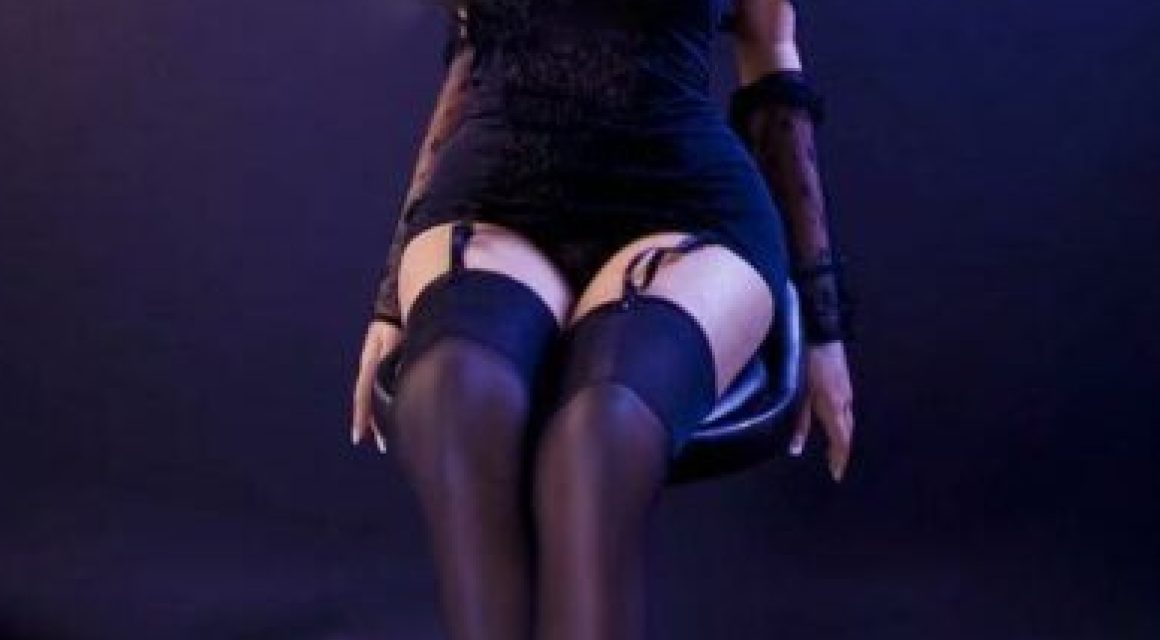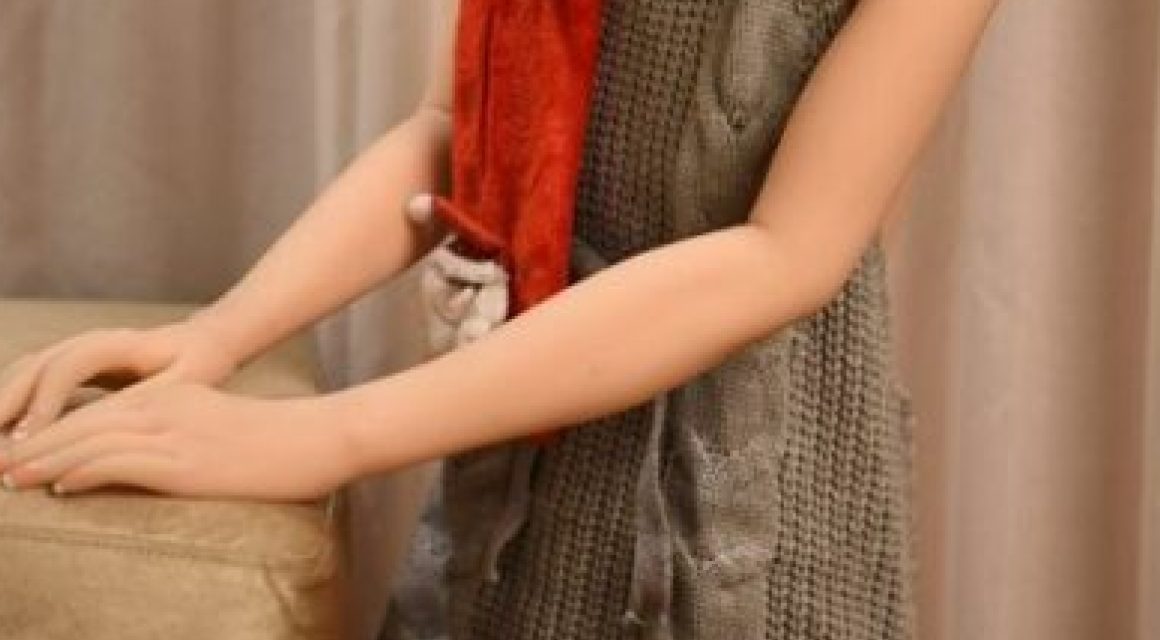In today’s fast-paced world, the line between admiration and imitation blurs easily. When popular culture meets market demand, fascinating yet complex scenarios unfold. Dive into an intriguing exploration of how fandom influences product creation and the crucial conversations it sparks about authenticity and ethics in the celebrity merchandise arena.
Overview of the Nicki Minaj doll controversy
Controversy over the Nicki Minaj doll occurred as a result of the creation of an inflatable sex doll that looked like the female rapper. The fact that the doll appears in the news does affect people’s general opinion, as Nicki Minaj is one of the most famous and commercially successful performers. The images of these dolls do not have to be fodder on the market, which spurs discussions of such toys and products as a whole. The primary attention is paid to the aspect of such product’s appearance and the possible rightness or lawfulness in its using. The street in the given photo is very narrow and dark. Thus, it can be concluded that the target audience probably loves and listens to Nicki Minaj, so they are very interested in the appearance of the newly available products. Thus, the general opinion of such dolls’ appearance both favorably and adversely affects people. exploring the Chun Li sex doll debate highlighted similar concerns regarding consent and ethical marketing in celebrity merchandise.
The origin and details of the controversy
The origin of the Nicki Minaj doll controversy stems from unauthorized use of her likeness.
- A company released a sex doll resembling Nicki Minaj without permission.
- Fans noticed similarities in features and styling.
- Outcry erupted on social media platforms.
- Nicki Minaj’s legal team issued a cease-and-desist letter.
- The product was advertised extensively online before removal.
- Discussions about celebrity rights and ethical boundaries increased.
Media coverage and public reaction
The media extensively covered the Nicki Minaj doll controversy, sparking a mixed public reaction. Some fans showed excitement, while others raised concerns about ethical issues and the use of celebrity likeness without consent. Social media platforms buzzed with debates, highlighting deep divides in fan communities and the general public.
Ethical considerations in celebrity-endorsed products
Celebrity endorsements can boost product appeal but raise ethical questions. Here are five key considerations:
- Ensure transparency about the endorsement’s nature and the celebrity’s involvement.
- Maintain respect for the celebrity’s image and personal brand during product development.
- Obtain all necessary rights and permissions to use the celebrity’s likeness legally.
- Avoid misleading advertising that could deceive consumers about the celebrity’s direct role or approval.
- Prioritize sustainable and ethical production practices to reflect positively on both the brand and the endorser.
Balancing fan enthusiasm with ethical production
There is no doubt concerning the great enthusiasm of Nicki Minaj’s fans in purchasing merchandise featuring their favorite star. However, it is necessary to reflect on the ethics of manufacturing such products. Indeed, while companies strive to manufacture cheap-looking products, it is essential to evaluate whether their production complies with labor laws, uses environmentally friendly materials and does not plagiarize the original design. Therefore, fans may contribute to the ethical production of their beloved celebrity merchandise by demanding adequate information about its production sites and technologies. Such an approach will help honor the trust of fans and strengthen the brand’s reputation.
Legal implications of using celebrity likeness
The use of celebrity likenesses for merchandise, including dolls and replicas, can lead to significant legal challenges. This is especially relevant when the products are unauthorized.
- Right of Publicity: Celebrities have control over their image and how it’s commercially used.
- Copyright Laws: Protects the unique expression of ideas such as original designs.
- Trademark Infringement: Occurs if a product confuses consumers about its origin or endorsement.
- Licensing Agreements: Required for legally using someone’s likeness for commercial gain.
- Potential Litigation: Legal actions can result from unauthorized use of a celebrity’s image.
Legal implications include potential lawsuits and financial damages. Companies must ensure they have proper authorization to avoid disputes. Instances like Scarlett Johansson character duplicates highlight the risks involved in replicating celebrity images without consent. Similarly, problems arose with Ashley Graham figure issues , showcasing how sensitive the issue of likeness can be in marketing.
Impact on Nicki Minaj’s brand and image
The controversy surrounding the Nicki Minaj doll has significant ramifications for her brand and image. Here are six key points:
- Shift in public perception towards skepticism.
- Potential dip in fan loyalty due to ethical concerns.
- Increase in media scrutiny of Minaj’s endorsements.
- Possible impacts on future partnerships and sponsorships.
- Demands for greater transparency in merchandise licensing.
- Evaluation of celebrity endorsement strategies by other artists influenced by this incident.
Public perception shifts
- The initial release of the Nicki Minaj doll sparked a wave of enthusiasm among fans.
- Over time, concerns about unauthorized use and ethical issues led to skepticism and criticism.
- Social media platforms became battlegrounds for debates on celebrity merchandise authenticity.
There was a story concerning the Nicki Minaj doll that pretty much changed everything. Originally, the topic was considered slightly off with people getting excited over a new pick, yet, as it usually happens, somebody thought too much. It started a complicated discussion on whether a particular celebrity has and needs permission for doll models of herself. A simple question of being a fully licensed product with the original celebrity endorsing it on paper escalated into a much more intricate conversation about ethics and law compliance. This story showed how important it is to demand fully licensed products and not support those that cannot pass that red line.
Response strategies from Nicki Minaj’s team
Nicki Minaj’s team handled this situation taking a combination of public and legal action. They made it clear that they value intellectual property while also stressing the licensing issue. To prevent further escalation and maintain the reputation of an artist who does nor release low-quality products, her team also used a social media campaign to inform the fans that they should not trust any merchandise unless otherwise noted.
Consumer guidance on purchasing celebrity merchandise
| Criteria | Description |
|---|---|
| Authenticity | Verify products are officially licensed by Nicki Minaj’s brand. |
| Purchase Source | Buy from reputable retailers or directly from the official artist’s website. |
| Licensing Info | Check for licensing details on product packaging or descriptions. |
Identifying authentic versus unofficial merchandise
To ensure you purchase authentic Nicki Minaj merchandise, consider the following tips:
- Check for official licensing information on the product packaging.
- Buy from reputable retailers or directly from the artist’s official website.
- Avoid deals that seem too good to be true, as they often are.
- Look for quality craftsmanship that matches the price point.
Where to buy licensed Nicki Minaj products safely
People wishing to purchase licensed products with Nicki Minaj can do this product at official online store and in some well-known stores and e-commerce website like Amazon. This can be verified by the presence of information that this product has been licensed by the owner and which is usually indicated on the packaging of the product or in its description on the manufacturer’s website. Thus, the purchase of authentic products and supporting fair dealing with celebrities will not be a problem.



